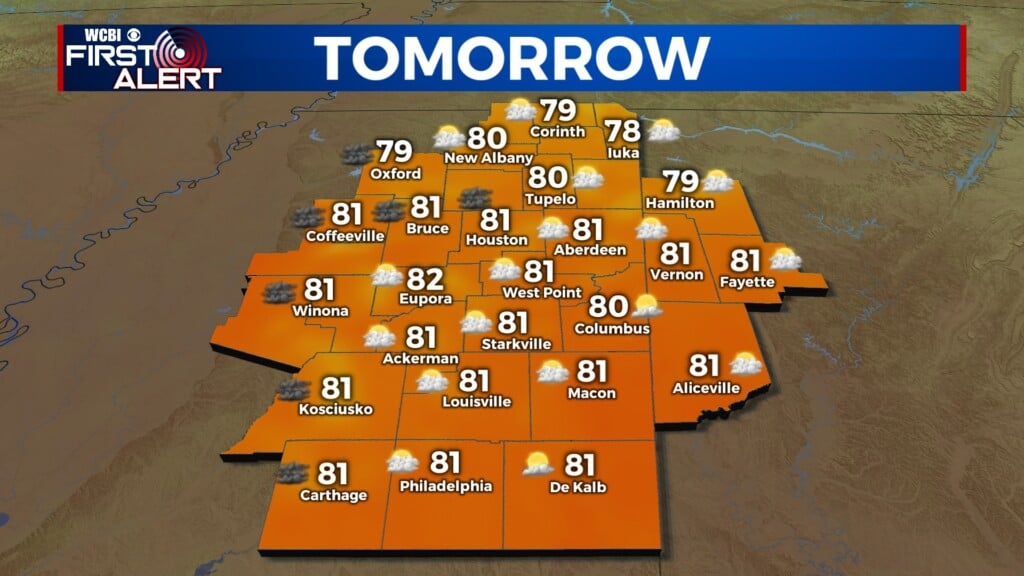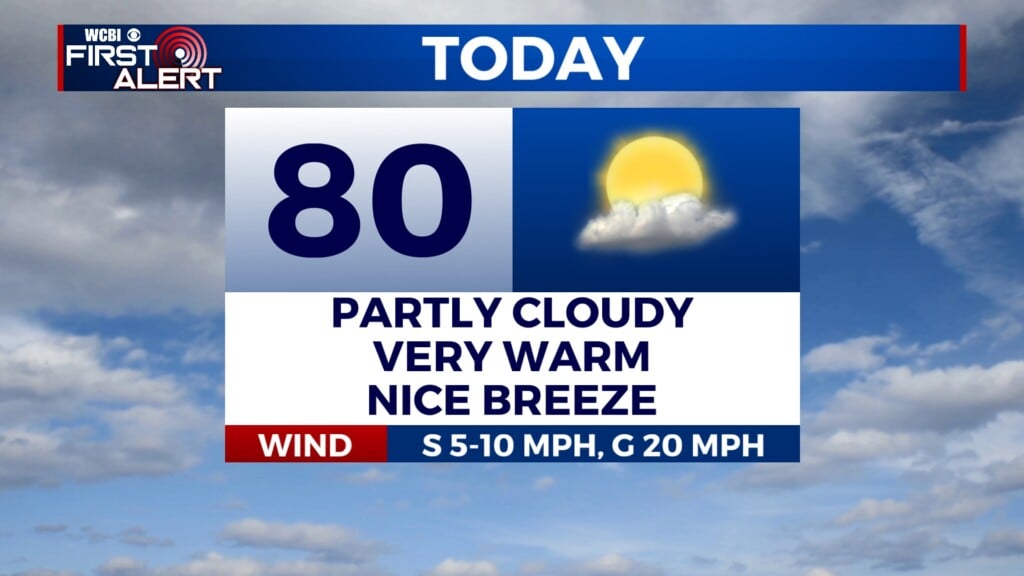Your medications could raise your risk of heat-related-illness
A number of medications increase rates of dehydration, and lower the bodies ability to regulate temperature- leading to higher risk.
COLUMBUS, Miss. (WCBI) – When it’s this hot outside, dehydration can happen fast.
Amy Bogue, the President of Allegro Family Clinic, said staying hydrated when you might not necessarily feel thirsty is imperative.
This is because once you start to feel thirsty, you’re already dehydrated.
“You’re trying to prevent that because your body, when your body’s thirsty, it’s telling you, ‘I am starving for water or rehydration,'” Bogue said.
But feeling thirsty isn’t an indicator for everyone.
That’s because some medications can reduce the sensation of thirst, like diuretics and opiates.
And Bogue said plenty of other medications can greatly reduce a person’s tolerance to heat.
“Let’s say that you’ve had an issue of constipation and you’ve been taking a laxative,” Bogue said. “And that can, in and of itself, can dehydrate you. So then you add the heat component on top of it- and you could go into just complications due to all of that at once.”
Hank Norwood, the pharmacist at Family Pharmacy at Allegro Plaza said it’s important to think about the side effects of medications.
“We want to think about drugs that are going to cause us to lose fluid from our body, such as diuretics can do that,” Norwood said. “Removing fluid from the body. Therefore, we’re going to get dehydrated. So we want to be sure that if we’re taking something like that, that we are keeping plenty of fluid intake. Also beta blockers. Any drug like that that’s going to increase the heart rate, reduce circulation. That’s going to prevent you from cooling. They also want to look out for drugs such as antihistamines, Benadryl, common. People take that all the time. Out there working in the yard. Something stings you. You take the Benadryl. That’s going to reduce your body’s ability to sweat. The body’s not able to cool down when sweat’s not coming out. That’s why God gave us those sweat glands to sweat this out, to help keep our bodies cool. So obviously the heat stroke is going to be a big problem there.”
Non-steroidal anti-inflammatory drugs or NSAIDs can also decrease heat tolerance.
Norwood said diabetics can become dehydrated if their sugar is too high.
Bogue said if someone is drinking caffeine or alcohol, they should double their water intake for every caffeinated or alcoholic drink that they consume.
“If you are taking certain medications you may want to avoid outside during certain parts of the day,” Bogue said. “Or just being really diligent about rehydrating on certain medications for sure.”
Bogue said during this weather, it’s important to check on elderly populations who often take multiple medications and are at higher risk for heat related illness.
She also said if you plan to be in the heat for extended periods of time- to consult a healthcare professional or pharmacist about how your medications may affect your ability to regulate temperature.
Extreme heat can also affect the viability of many medications.




